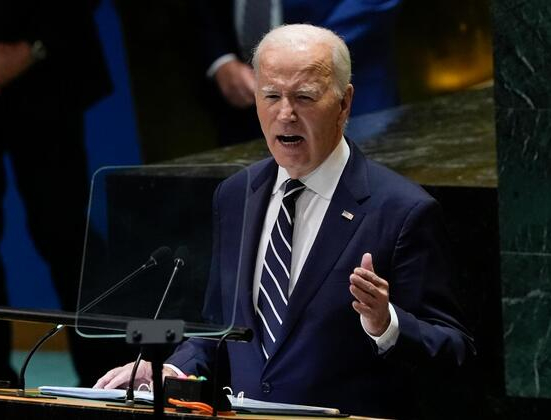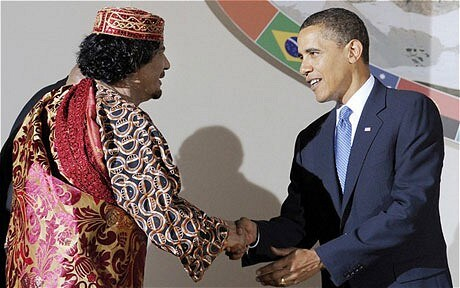Malick Ceesay, head of the Pakistan-based liaison office for the U.N. Assistance Mission in Afghanistan (UNAMA), has encouraged the Taliban to participate in an upcoming conference on Afghanistan. The meeting, aimed at refocusing global attention on the crisis-ridden country, will be held in Doha, Qatar, on June 30.
During an unofficial dialogue with religious scholars from Pakistan and Afghanistan, Ceesay expressed concern over the international community's waning focus on Afghanistan due to the Ukraine war and Gaza hostilities. "We don’t want Afghanistan to be forgotten," he emphasized at the meeting, hosted by the Center for Research and Security Studies in Islamabad.
Ceesay expressed hope that the Taliban, officially known as the Islamic Emirate, would send representatives to engage constructively with the international community. The two-day U.N. conference will be the third such gathering in Doha since U.N. Secretary-General Antonio Guterres initiated the process in May 2023. Unlike the previous sessions, where the Taliban either were not invited or declined to attend, they have signaled their intention to participate in "Doha III" after reviewing the conference's final agenda.
The Taliban have set conditions for their participation, including being recognized as the sole official representatives of Afghanistan, excluding Afghan civil society, women’s rights activists, and opposition members from the conference. They also seek a high-level meeting with U.N. officials. These conditions were previously deemed unacceptable by Guterres, reflecting the international community's stance on the Taliban's legitimacy and the U.N.'s sanctions on Afghanistan.
Ceesay highlighted ongoing concerns regarding the Taliban's restrictions on women's education and employment, and the lack of inclusivity in their government. He criticized the Taliban's justification that their policies align with Islamic law, stating, "Islam never says that women should not go to school, and Islam never says that women should not go to work."
The U.N. diplomat noted that while the Taliban have allowed women to work in specific public offices, these concessions are overshadowed by broader bans on women's employment and education beyond grade six. He urged the Taliban to adopt a more inclusive governance system, emphasizing that recognition from the international community hinges on these reforms.
Despite international pressure, Taliban supreme leader Hibatullah Akhundzada remains defiant, as evidenced by a recent speech where he rejected foreign interference in Afghanistan's policies and governance.
The Doha conference aims to foster greater international engagement with Afghanistan in a coherent and structured manner. The participation of the Taliban could potentially pave the way for more substantial dialogue on Afghanistan's future amidst its ongoing challenges.

















